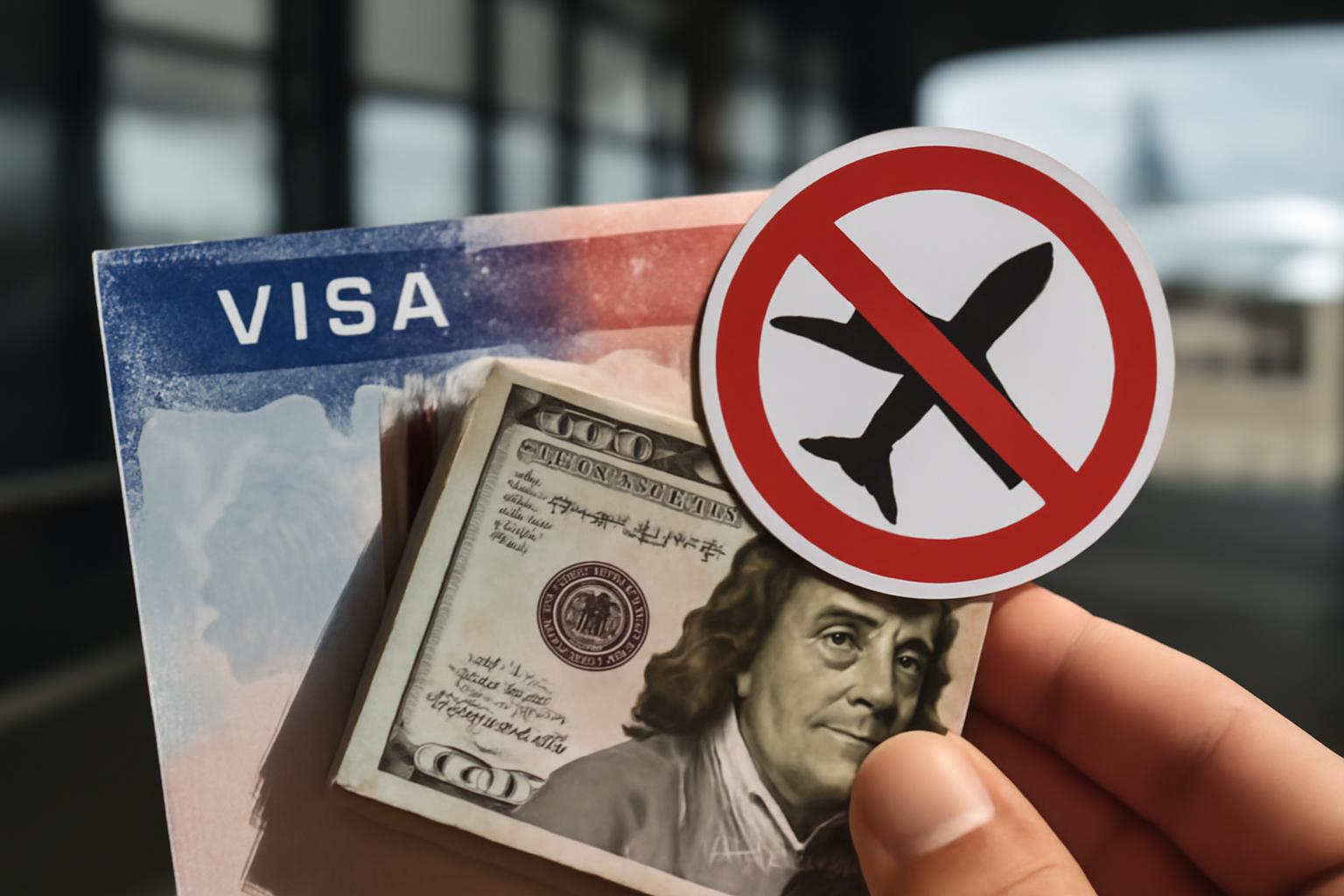The United States has announced that, beginning in August 2025, certain foreign visitors seeking business or tourist visas will be required to pay a hefty deposit—potentially up to $15,000—as a precondition for entry. This deposit is intended as a guarantee that these visitors will respect the terms of their visas, specifically by leaving the country before their authorized stay expires. The exact countries affected remain to be disclosed, but the focus is on those with high rates of visa overstays according to official data. Notably, travelers from countries in the Visa Waiver Program—including most of Europe—are exempt from these new requirements. The policy will be piloted for nearly a year, after which its effectiveness will be assessed.
Once again, we see the pathologies that arise whenever the state, in its boundless ambition to micromanage the movement of individuals, aspires to control the intricate flows of human capital. The proposal reeks of the arbitrariness that inevitably follows from such central planning. Rather than allowing the spontaneous order of mutual benefit and voluntary agreement to develop between Americans and prospective visitors, the government inserts itself as an overseer, wielding power through financial coercion.
Let us not be fooled: a deposit of $15,000 is not a minor inconvenience. It is a prohibitive sum for most of the world’s population. The implication is clear—the US government will selectively filter entry to its shores based not on an individual’s character, creativity, or value, but on their ability to marshal resources upfront. The same logic that drives protectionist tariffs or quotas here delivers a new and insidious form of gatekeeping, under the guise of enforcing the law.
Moreover, what are we to make of the discriminatory application? The favored nations of the Visa Waiver Program are spared this humiliation, while poorer, less-connected peoples suffer a further indignity. Such differentiation is not only tragic on a human level; it undermines the very ethos of universal freedom under the law. Bureaucrats will have the power to levy arbitrary “trust penalties” with little recourse for those on the receiving end.
The only truly enduring solution to the issue of overstays is not more bureaucratic restriction, but a system that recognizes and harnesses the desires of individuals to move, trade, and innovate. The market, left to itself, has a remarkable way of rewarding conduct that serves the public good. Would a visitor knowingly forfeit $15,000 unless compelled by dire necessity? Is our confidence in liberty so diminished that we must handcuff every traveler from the outset?
This measure is yet another example of the government’s inability to trust individuals to act in their own rational self-interest, substituting its own judgment for the organic coordination of people and plans. It risks making the United States seem not a beacon of freedom and opportunity, but a fortress of suspicion and exclusion.
Let us remember: the free movement of people, like the free movement of goods and capital, is one of civilization’s crowning achievements. To tear down these bridges in the name of “compliance” is to impoverish everyone—economically, socially, and morally. The road to serfdom is paved not just by massive interventions, but by endless petty ones. This policy, however dressed in the language of “security” and “cost-recovery,” is a step further down that unfortunate road.
